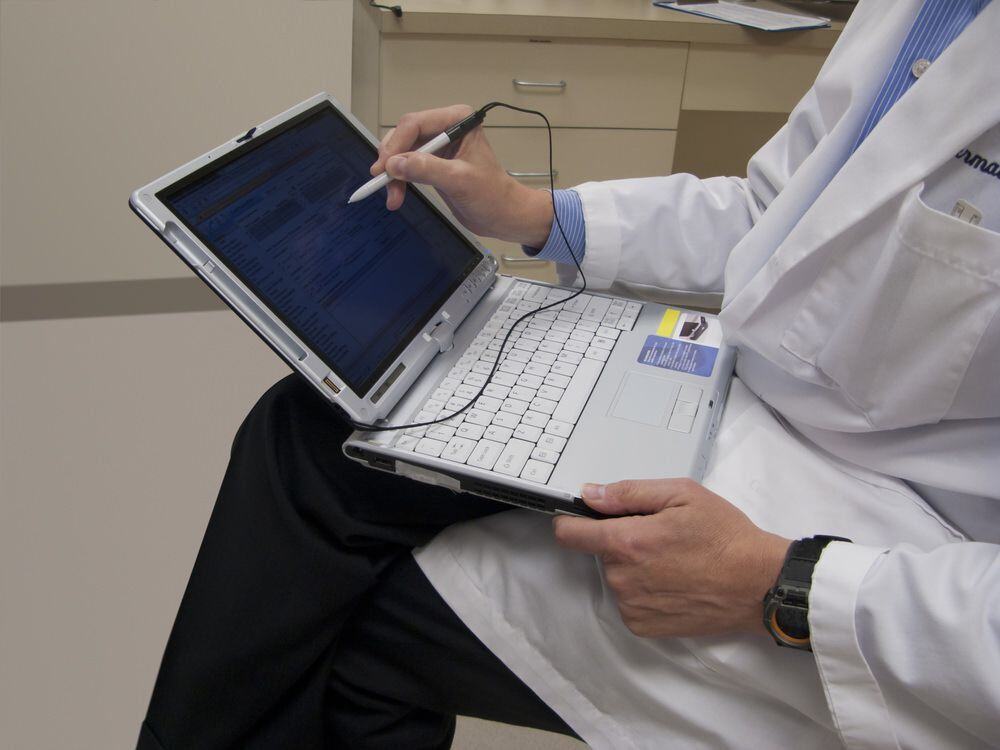Why ICD-10 Testing is Beneficial for Your Practice
 Obviously, no one is born a computer expert or can be considered proficient at using software without becoming familiar with all the settings, features, navigation elements, menu options, and so on.
Obviously, no one is born a computer expert or can be considered proficient at using software without becoming familiar with all the settings, features, navigation elements, menu options, and so on.
Your staff had to become familiar with EHR software and how to use the International Classification of Disease code version 9 in order to let your practice operate in accordance with industry standards and government regulations.
Since our nation’s government has decreed that medical organizations must start using ICD-10 by October 1, 2015, we have to get ready to use the new codes soon. The resulting data generated by the healthcare industry’s use of ICD-10 will help epidemiologists keep a better eye on disease trends as well as make our billing systems work more efficiently.
While some people may resist testing and learning because their schedules are crammed from morning to the end of each business day, it’s before you can achieve a basic working knowledge, let alone approach mastery of the new codes. Read on to get a better idea about why ICD-10 testing will be beneficial to your practice.
You Won’t Be Caught Off Guard in October 2015
Proper ICD-10 training is necessary to get your whole team up to speed on all the details of the code set. If you slack off on training, your staffers may have difficulties processing claims properly next year.
You could run into problems getting reimbursed by Medicaid and Medicare, as well as other entities. The more you test and the earlier you begin testing, the better prepared you will be to deal with any snags.
More Accurate Codes Should Mean Fewer Denied Claims
The new ICD-10 was developed by the World Health Organization and includes more precise codes, such as letting you specify which leg was injured during a sports mishap or whether an examination was for the first encounter or if it is a follow-up on a particular malady or injury.
With plenty of training, your team will have a handle on the codes, letting you submit claims that will be less likely to be denied because of errors or a lack of pertinent information.
Proficiency with ICD-10 Will Let Your Team Work More Efficiently
There are always going to be growing pains when the employees in your practice have to learn a new way of doing things or work with an upgraded computer system or software package.
ICD-10 testing will be easier when you use an online service to get familiar with the codes, such as the Medics ICD-10 Coding Converter. You can use it to enter in an ICD-9 code and see the most appropriate ICD-10 code to use instead.
You can hope that your staff will realize just how beneficial it is to do ICD-10 testing as much as possible in preparation for the coming mandated change. From increased accuracy and relatively fewer denied claims to a boost in productivity, transitioning to the new ICD code set will be much easier when you arrange for sufficient training time and testing.
Key Takeaway
- Standardized coding for diseases diagnoses lets the world community of medical professionals work together better, as well as share important data.
- Medical organizations got a nice reprieve from the government after it announced it was extending the deadline to transition to ICD-10 by October 1, 2015.
- No matter how busy your staff feels, it’s important to emphasize the benefits of testing when making the switch from ICD-9 to ICD-10 in your practice.
- Your medical practice will operate more efficiently when you get some practice and test ICD-10.
- The higher level of accuracy provided by ICD-10 should result in fewer denied claims going forward, with an associated improvement in your practice’s cash flow.
About Stephen O'Connor
Stephen O'Connor is the Director of Brand and Digital Marketing, responsible for many aspects of Advanced Data Systems Corporation’s (ADS) marketing, including product marketing, customer acquisition, demand generation, brand, brand design, and content marketing.
Stephen has more than 20 years of healthcare industry experience. Prior to ADS, Stephen spent 11 years at Medical Resources Inc. (MRI), most recently as the Manager of Marketing & Internet Services, where he and his teams were responsible for all marketing efforts and the market positioning of MRI’s services.
Stephen spends his day's planning, writing, & designing resources for the modern healthcare professional.



